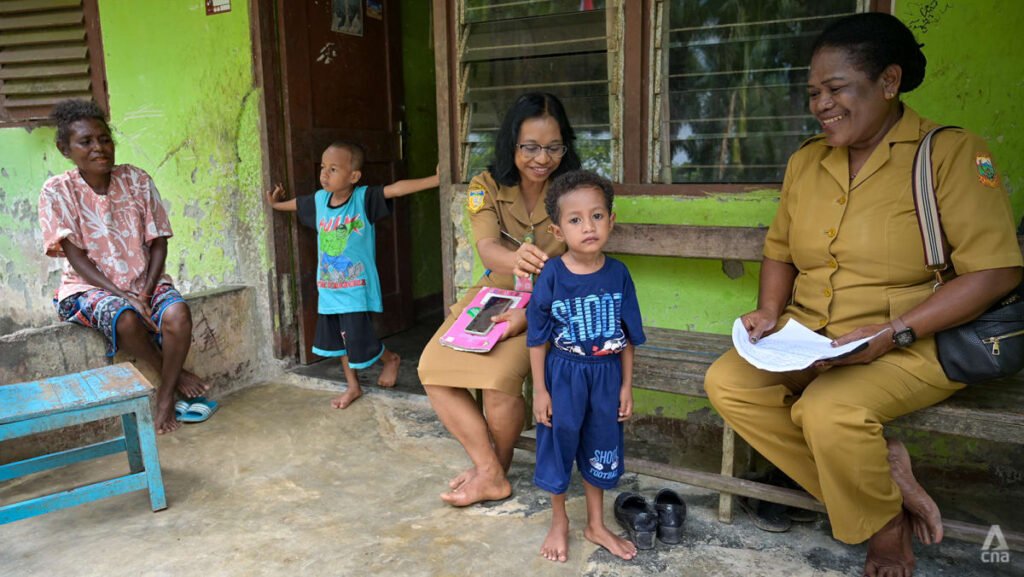This article discusses the food security issues faced by Papua, focusing on the three criteria necessary to resist food insecurity: availability, access to distribution networks, and utilization of food. Mdm Lunanka Daimboa, acting head of Papua province’s horticulture and food agency, emphasizes the importance of fulfilling all three criteria to prevent food insecurity. In Papua, food availability is a major issue as most of the food is produced and imported from outside the region. This reliance on external sources puts Papua at risk of food insecurity, especially during times of crisis or disruptions in supply chains.
The National Food Agency has identified 21 essential food commodities, including rice, chicken, eggs, beef, fish, and various vegetables and spices. These are crucial for ensuring food security in Papua, but the region’s dependence on imports makes it susceptible to disruptions in the supply chain. Additionally, access to food distribution networks is a challenge in Papua due to its remote location on the eastern side of Indonesia. Economic development has been primarily focused on Java island, which is over 3,500km away from Papua, making it difficult to transport food and goods to the region efficiently.
The geographical isolation of Papua contributes to its food security issues, as it hinders the timely and reliable distribution of essential food items. Limited infrastructure and transportation networks in the region further exacerbate these challenges, making it difficult to ensure food access for the population. As a result, many rural communities in Papua may face difficulties in accessing nutritious and affordable food, leading to food insecurity and malnutrition.
In order to address these food security issues, Mdm Lunanka emphasizes the need for increased local food production and self-sufficiency in Papua. By promoting and supporting local agriculture, the region can reduce its reliance on external food sources and improve food availability. Additionally, investments in infrastructure and transportation networks are crucial to improving access to food distribution in Papua, ensuring that essential food items reach all parts of the region in a timely manner.
Overall, the food security challenges faced by Papua highlight the importance of addressing issues related to food availability, access to distribution networks, and utilization of food. By implementing strategies to increase local food production, improve infrastructure, and strengthen distribution channels, Papua can enhance its food security and resilience to external shocks. Collaboration between government agencies, local communities, and international partners is essential to developing sustainable solutions that ensure food security for all residents of Papua.

